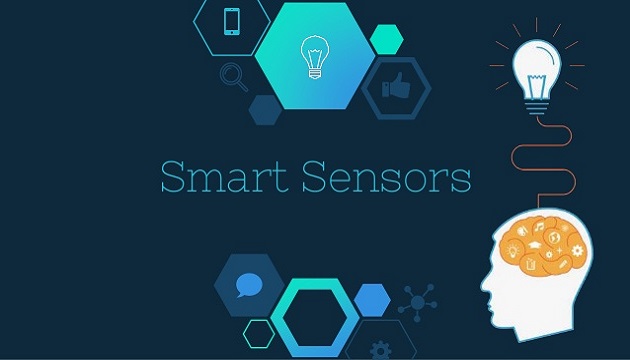Automation has redefined the global manufacturing and industrial landscape, with semiconductor technologies taking center stage across a multitude of industry applications. The demand for smart sensors and associated technologies is likely to remain on a very high growth trajectory, with demand pouring in from emerging and technologically aware markets such as Japan, China, and South East Asia.
Projections from a new market study indicate that the global smart sensor market revenue will rise from an estimated US$ 26 Bn in 2018 end to more than US$ 82 Bn by the close of 2026, resulting in a growth rate of 15.3% during the eight period from 2018 to 2026. Asia Pacific is expected to be a key contributor towards this growth, with increasing adoption anticipated to be witnessed across the automotive industry in the region. The U.S is expected to maintain a leading position in the global market for smart sensors, owing to the presence of large global players operating in the smart sensor space in the country. Significant growth potential exists in countries such as Japan, India, and China predominantly due to the steadily increasing demand for smart sensor technology from the automotive and manufacturing industries in these countries.
Rise of the Industrial Internet of Things (IoT) and Implementation of Sensor Technology in Supply Chain Management to Push Revenues in the Global Smart Sensor Market
The in-depth analysis of the global market for smart sensors, attributes growth of this market to three key factors – proliferation of the IoT, increasing use of smart sensors in wearable devices, and integration of sensor technology in supply chain management. IoT is fast emerging as a future ready concept across diverse industries that deploy sensor-based measurements for analysis and decision making. Applications of smart sensors in system assembly lines, testing, and inspection are rapidly increasing in the manufacturing sector and this adoption is further fueled by constant innovation in sensor technology. A rapidly growing demand for automation in the process manufacturing sector is expected to push revenue growth of the global smart sensor market in the near future.
The use of smart sensors in wearables has been witnessing increasing traction of late. Smart sensors find application in several wearable medical devices and are used in blood glucose monitoring, sensor fusion, and smart biomedical sensing, to name a few. Technological breakthroughs in sensor technology have created new avenues in medical wearable technology. Wearable medical devices with embedded smart sensors send information about patient health to healthcare professionals and caregivers, thereby speeding the process of administering medical aid. The adoption of smart sensors in healthcare applications is expected to surge in the coming years, hence boosting revenue growth of the global smart sensor market.
Another prominent use of smart sensors is in supply chain management. Smart sensors take supply chain and logistics data and convert this into digital insights that help manufacturers make critical supply chain decisions. By providing real-time information on store and warehouse inventory, machine performance, and raw material availability, smart sensors help track logistics and prevent mismanagement across the supply chain. This integration of sensor technology in supply chain management is fueling global market demand for smart sensors.
Increasing Applications of Smart Sensor Technology to be observed across the Food & Beverages and Industrial Automation Sectors in the Coming Years
Over the years, the adoption of smart sensors has been explored as a lucrative opportunity across the food and beverages industry. Smart sensors are used to automate several food and beverage manufacturing processes, creating immense growth opportunities for manufacturers of smart sensors. There is a consistent demand for automation in critical industrial processes owing to the current technological progression that calls for the adoption of technically advanced products and solutions. Smart sensors such as flow sensors, motion sensors, and light sensors are finding application across diverse industries, more specifically the F&B and Industrial Automation sectors. The study further predicts a boom in the adoption of smart sensors across these two key industries in the years to come.
Currently, MEMS and CMOS are the two technologies underpinning the integration of smart sensors across various industrial applications.

